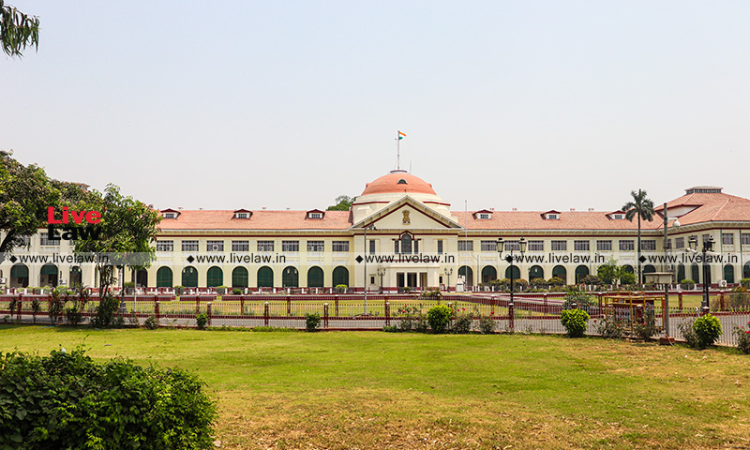Patna High Court Upholds Constitutional Validity Of Section 16(4) Of CGST Act, 2017
Mariya Paliwala
15 Sept 2023 9:30 PM IST

Next Story
15 Sept 2023 9:30 PM IST
The Patna High Court upheld the constitutional validity of Section 16(4) of the CGST/BGST Act, 2017 and did not find Section 16(4) to be violative or inconsistent with the fundamental rights guaranteed under the constitution.The bench of Justice Chakradhari Sharan Singh and Justice Madhuresh Prasad observed that concession of ITC under sub-section (1) of Section 16 of the CGST/BGST Act...
